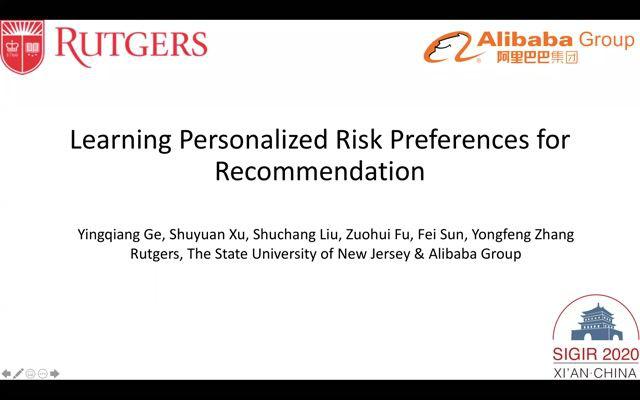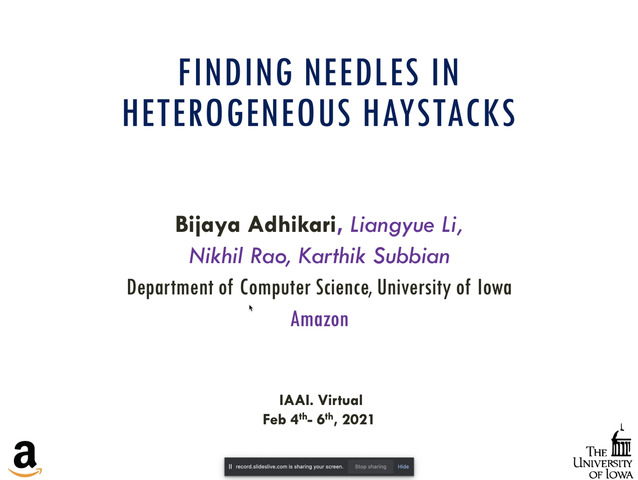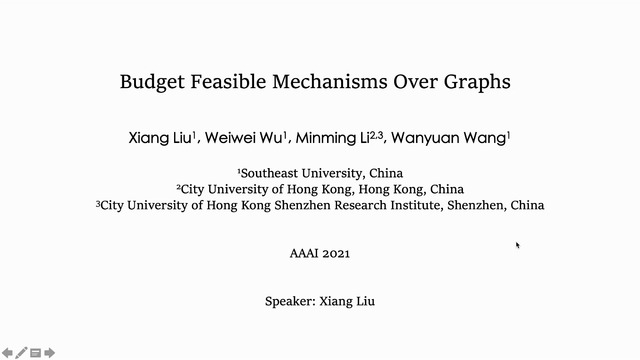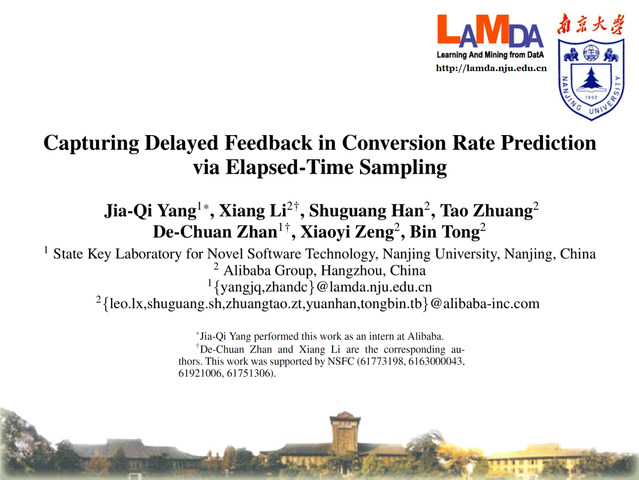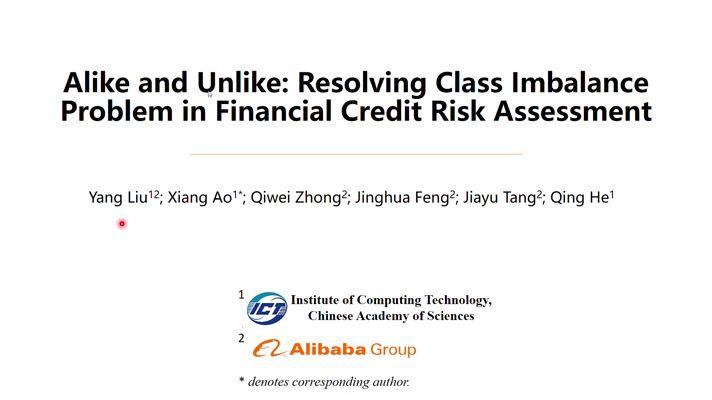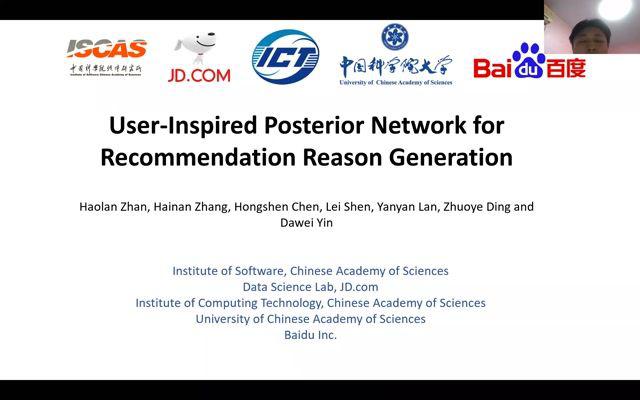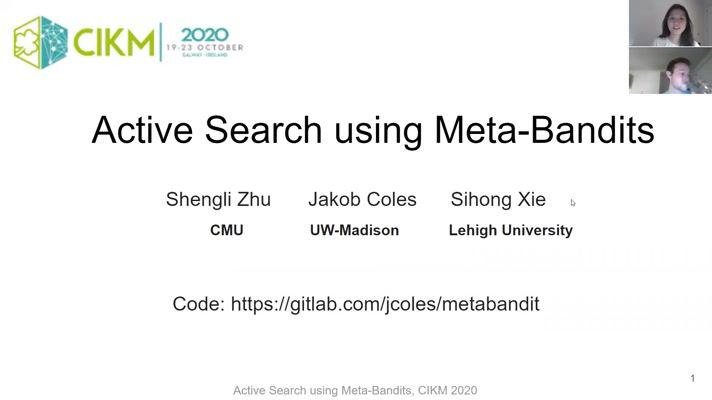Abstract:
The rapid growth of e-commerce has made people accustomed to shopping online. Before making purchases on e-commerce websites, most consumers tend to rely on rating scores and review information to make purchase decisions. With this information, they can infer the quality of products to reduce the risk of purchase. Specifically, items with high rating scores and good reviews tend to be less risky, while items with low rating scores and bad reviews might be risky to purchase. On the other hand, the purchase behaviors will also be influenced by consumers’ tolerance of risks, known as the risk attitudes. Economists have studied risk attitudes for decades. These studies reveal that people are not always rational enough when making decisions, and their risk attitudes may vary in different circumstances.Most existing works over recommendation systems do not consider users’ risk attitudes in modeling, which may lead to inappropriate recommendations to users. For example, suggesting a risky item to a risk-averse person or a conservative item to a risk-seeking person may result in the reduction of user experience. In this paper, we propose a novel risk-aware recommendation framework that integrates machine learning and behavioral economics to uncover the risk mechanism behind users’ purchasing behaviors. Concretely, we first develop statistical methods to estimate the risk distribution of each item and then draw the Nobel-award winning Prospect Theory into our model to learn how users choose from probabilistic alternatives that involve risks, where the probabilities of the outcomes are uncertain. Experiments on several e-commerce datasets demonstrate that by taking user risk preferences into consideration, our approach can achieve better performance than many classical recommendation approaches, and further analyses also verify the advantages of risk-aware recommendation beyond accuracy.
